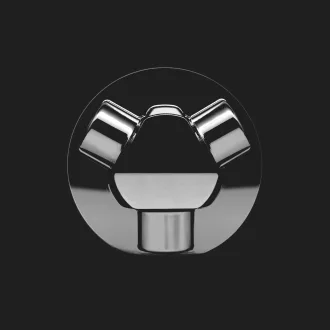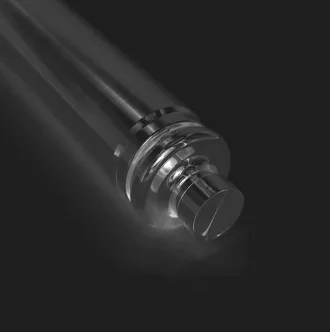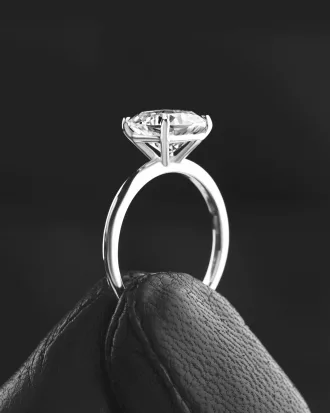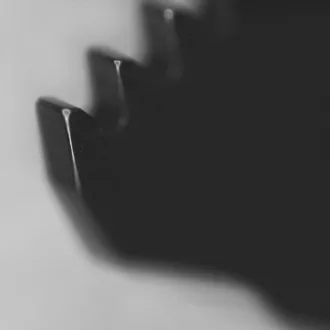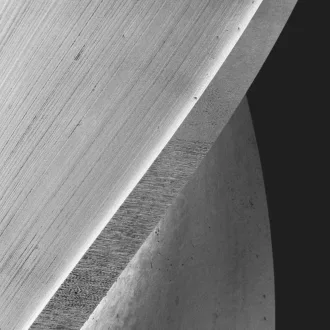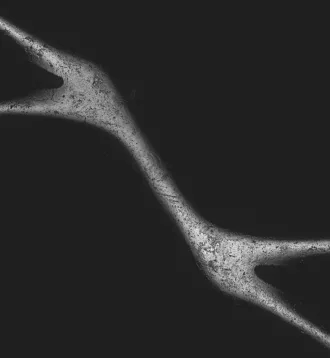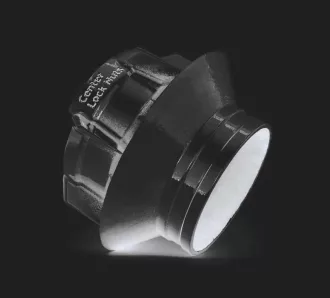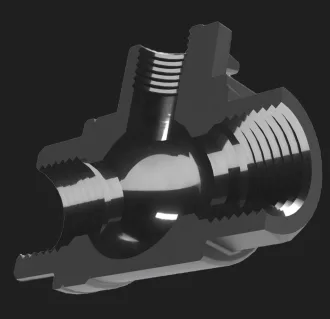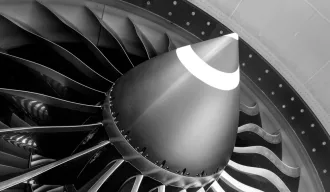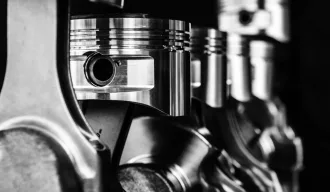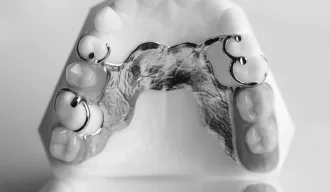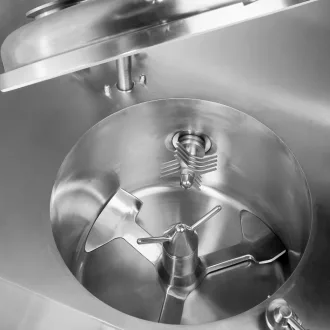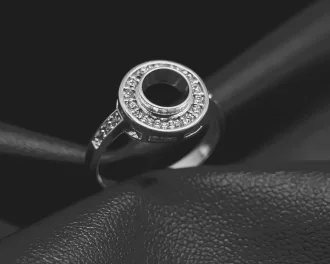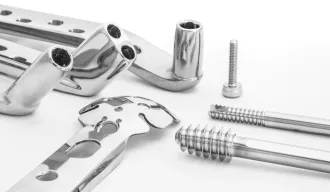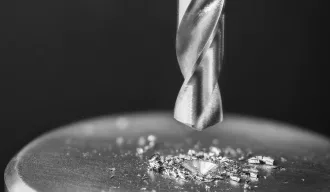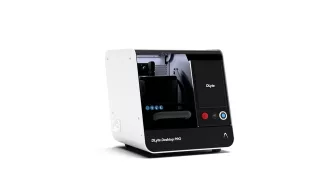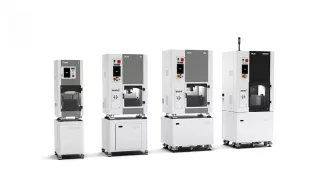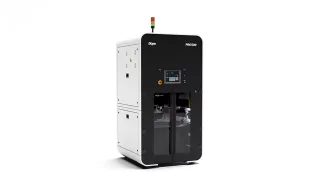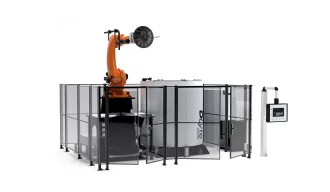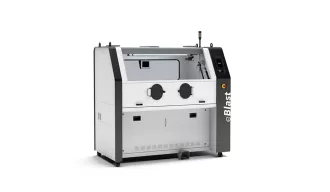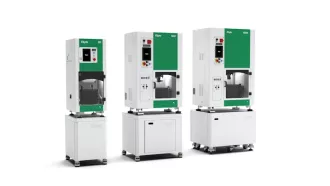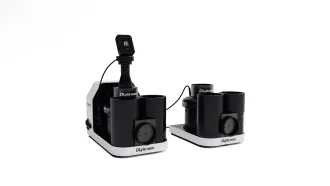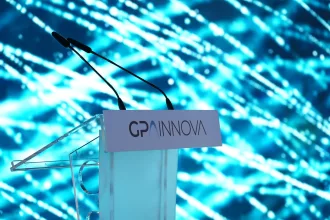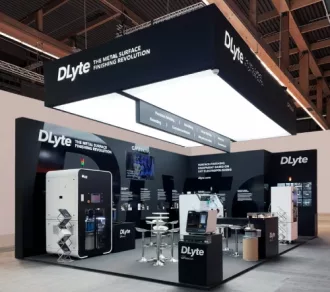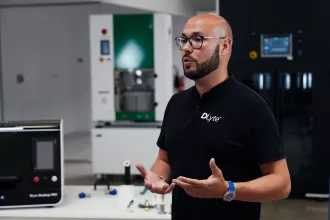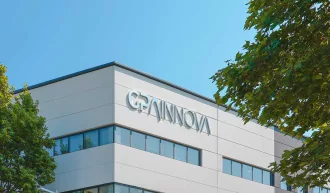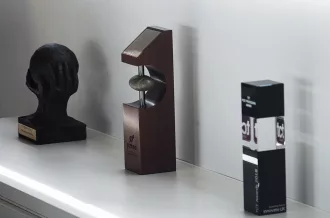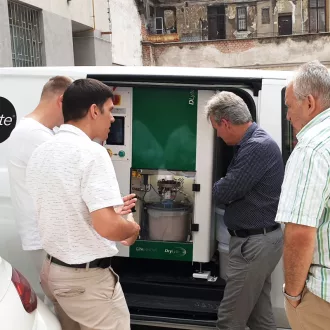June 2 , 2022
As advanced last month, two scientific articles about tungsten carbides have just been published by Elsevier-Procedia CIRP (ISSN 2212-8271). Both are related to significant advances in surface finishing for cemented carbides, also known as hard metal (WC-Co), by means of DryLyte, a dry electropolishing technology created and patented by the above-mentioned business group. In 2021, the process was perfected for this kind of metals. This new electrolyte and the process itself was patented by Marc Sarsanedas, Guiomar Riu and Joan Josep Roa.
The studies confirm that DryLyte removes roughness of WC-Co substantially without a leaching effect of the metallic cobalt (Co) binder.
These scientific papers have to do with surface integrity at the submicrometric length scale after being polished with DryLyte for WC-Co. Both researches were carried out by GPAINNOVA, the Department of Materials Science and Engineering of the Polytechnic University of Catalonia (UPC) and the KLA Group.
 Figure 1. Cross-section micrograph showing no leaching effect (left hand side) and FESEM micrograph of WC-CO grade (right hand side) after being polished using the DryLyte® Technology for 30 minutes.
Figure 1. Cross-section micrograph showing no leaching effect (left hand side) and FESEM micrograph of WC-CO grade (right hand side) after being polished using the DryLyte® Technology for 30 minutes.
Preserving integrity in cemented carbides
The first article, entitled “Surface integrity of new dry-electropolishing technology on WC-Co cemented carbides”, is focused on WC-Co dry electropolishing, a metal finishing solution that allows to obtain corrosion-free surfaces with a roughness bellow 9 nm. After investigating the surface integrity —trying to correlate the remanent microstructure after different dry-electropolishing times—, the researchers observed a close correlation between the residual microstructure and the surface integrity in terms of hardness and elastic modulus maps.
Among its main conclusions, the paper highlights that the DryLyte Technology allows to polish WC-Co, reducing roughness and removing post-processing defects such as pulverized WC grains or smeared Co phase. The article also concludes that treated pieces do not present leaching effect of the metallic Co binder, and proves that nanoindentation tests show a clear correlation between microstructure and mechanical properties.
In 2021 a new process based on dry electropolishing was developed for hard metal. The patent pending process is part of the DryLyte® Technology and supposes the solution to leaching of cobalt binder and other side effects of the technology
DOWNLOAD THE PAPER
Surface integrity of new dry-electropolishing technology on WC-Co cemented carbides.pdf
Behaviour of WC particles in terms of hardness
Concerning the second article, “Small-scale mechanical response at intermediate/high temperature of 3D printed WC-Co”, this work is also related to dry electropolishing in WC-Co. It consists in a nanomechanical study of a 3D printed WC-Co. During the research, a nanoindentation technique was implemented to analyze the main deformation and damage mechanisms at different temperatures, from room up to 600 ºC.
The paper stresses that hardness is a temperature-dependent property. On the other hand, researches also WC particles present an anisotropic behavior —that is, a property of a material which allows it to change or assume different properties in different directions— in terms of hardness for temperatures below 500 ºC.
DOWNLOAD THE PAPER
Small-scale mechanical response at intermediate-high temperature of 3D printed WC-Co.pdf
For further information about electropolishing in cemented metals, please contact GPAINNOVA’s team at info@gpainnova.com.
